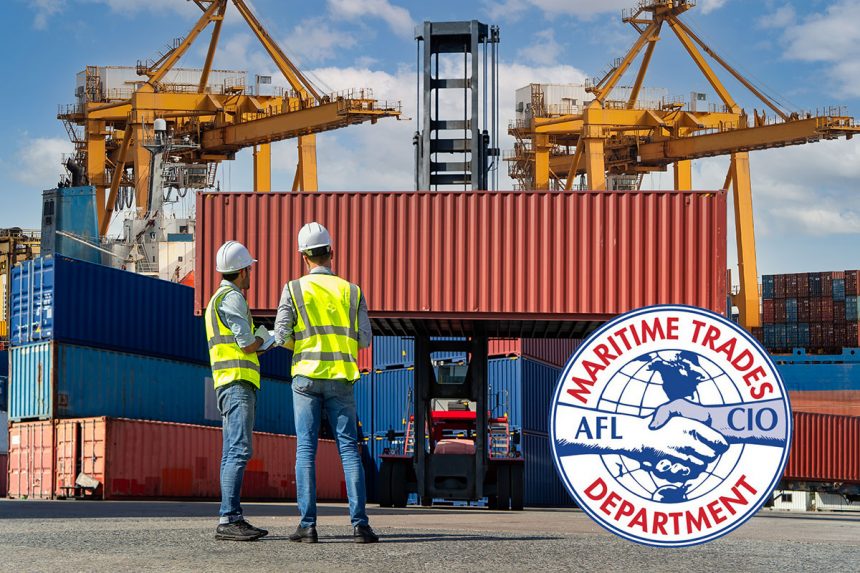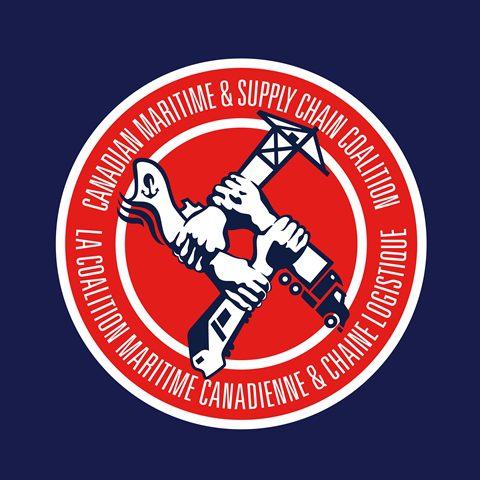The Canadian Maritime and Supply Chain Coalition, with which the MTD is associated, continues to call upon the Canadian government to provide full disclosure regarding the proposed Canadian-European Comprehensive Economic Trade Agreement (CETA), which is scheduled to be initialed by that country’s prime minister and the European Union (EU) president in Ottawa on September 26.
In addition, the coalition has been joined in this fight by the Canadian Shipowners Association, which is composed of the Canadian-flag merchant fleet.
“The secrecy and lack of transparency by Prime Minister Harper and his government is nothing short of contempt for the Canadian taxpayer,” stated Jim Given, head of the coalition. (Given also serves as the president of the Seafarers Union of Canada and as MTD Eastern Area Executive Board Member.)
Portions of CETA that have been acquired by the coalition could lead to the elimination of many Canadian-flag maritime jobs by opening cabotage policies to foreign-owned ships and crews as well as prohibiting U.S. companies from competing for Canadian dredging contracts.
Speaking for the coalition, Given noted that CETA should not enter take effect until it has been fully debated and consequently agreed upon by Canadian Parliament and EU Parliament members. The coalition seeks that a referendum be held so all Canadians can have a say about the pact. While the information seen so far deals with maritime, the coalition is concerned that other parts of the nation’s transportation industries (air, rail and highway) could be affected if CETA is implemented as is.
In announcing their support for the coalition, Robert Lewis-Manning, president of the Canadian Shipowners Association, said his membership is concerned that CETA may hurt the country’s short sea shipping industry, its workers and its suppliers and shippers.
“It cannot be allowed to jeopardize the Canadian short sea shipping capacity that the domestic marine industry, labor and the government have collectively developed to meet Canada’s unique domestic shipping challenges,” added Lewis-Manning. “Our mariners possess unique local knowledge that ensures Canadian waters are safely transited, respected and protected. We need to ensure that these jobs remain in Canada.”
Shortly after these announcements, the coalition received a written statement from Transport Canada (that nation’s department of transportation) trying to reassure the domestic maritime industry that it would not be affected by the proposed pact.
Given noted that the coalition will proceed, awaiting the actual release of the full trade agreement.


